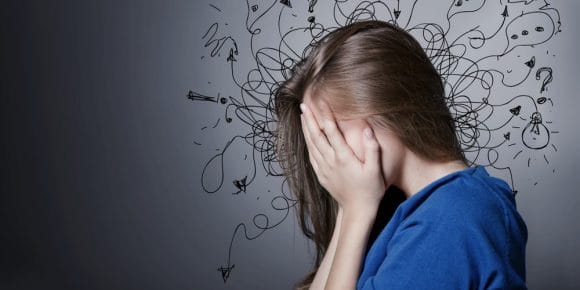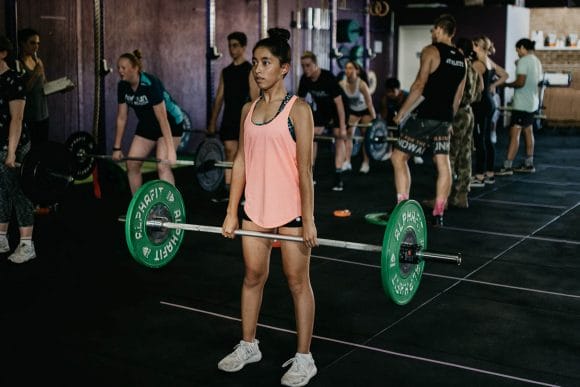ACCORDING TO THE NATIONAL INSTITUTES OF HEALTH, NEARLY 1 IN 3 OF ALL ADOLESCENTS AGES 13 TO 18 WILL EXPERIENCE AN ANXIETY DISORDER. THESE NUMBERS HAVE BEEN RISING STEADILY; SINCE 2012, ANXIETY DISORDERS IN CHILDREN AND TEENS WENT UP 20%.
What is Anxiety?
Anxiety disorders are the most common mental illness. They are characterized by intense and prolonged feelings of fear, distress, excessive worry, preoccupation, obsessive thoughts, and apprehension. In addition to mental symptoms, those who experience anxiety disorders also exhibit physical symptoms, such as hypertension, atherosclerosis, rapid breathing and heartbeat, and myocardial ischemia. Anxiety disorders can be classified into subgroups such as general anxiety disorder, obsessive-compulsive disorder, post-traumatic stress disorder, panic disorder, and social anxiety disorder.

Be aware of the signs of anxiety. Sometimes children may say that they are anxious, but other times it is less clear―especially as they may not even realize it themselves. Signs can include:
- Recurring fears and worries abo ut routine parts of every day life
- Changes in behavior, such as irritability
- Avoiding activities, school, or social interactions
- Dropping grades or school avoidance
- Trouble sleeping or concentrating
- Chronic physical complaints, such as fatigue, headaches, or stomachaches.
Inactivity and increased sitting time are associated with numerous diseases such as obesity, type 2 diabetes, hypertension, and metabolic syndrome. Individuals who are affected by an anxiety disorder tend to have large amounts of sedentary time and fail to meet exercise guidelines, which puts them at an increased risk of chronic diseases associated with low physical activity.
Resistance Training

Resistance Training has been scientifically proven to help and improve many if not all the signs of anxiety listed above. Resistance training is an exercise modality that has a positive influence on muscular strength, endurance, bone density, and body composition as well as cognitive behavior, quality of sleep and energy levels. Individuals who are coping with an anxiety disorder that partake in resistance exercise training have responded well with a decrease in anxiety, improved mood, decreased worry, decreased depression, increased cognition, and reductions in cardiovascular responses to mental stress. Research has found that when state anxiety levels are elevated before exercise, there is a resulting decrease in state anxiety independent of intensity.
Our Youth Program is designed to help teens to excel and express there physical capabilities through Strength and Conditioning which is also proven to help and improve our teens mental and psychosocial well being in todays world
If you got any Questions or Queries you can contact us at
youth@activate.ie
